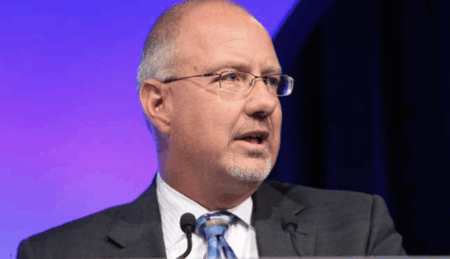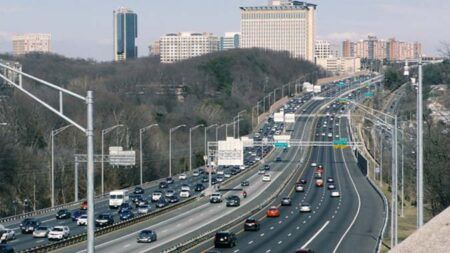NATSO, the national association representing the USA’s truck stops and travel plazas, has said that it will actively oppose key aspects of the Trump Administration’s new infrastructure proposals, specifically those provisions designed to increase interstate tolling and commercialized rest areas.
NATSO says that not only do toll roads cost more than the fuel tax for the government to administer, but interstate tolls divert traffic to secondary routes, which not only damages these roads, but also increases accident rates.
The association also strongly disagrees with the White House proposal to commercialize rest areas. Rest areas built after 1960 are permitted to sell only vending machine items. Rest areas before this date can sell food and fuel, but as a result they have stifled business growth at the exits; in counties with commercial rest areas, there are 56% fewer restaurants, convenience stores, and truck stops than other counties.
NATSO explains that nearly 97,000 gas stations, truck service businesses and restaurants operate within a quarter mile of the Interstate Highway System, employing more than 2 million Americans. These businesses are the economic backbone of off-highway communities, providing jobs, and supporting the local tax base in the majority of small towns across the country, contributing billions in state and local taxes.
The association also notes that as truck stops and other businesses currently located at the exit interchanges fail to thrive, they would no longer be able to invest in truck parking capacity, undercutting a key priority of the US Department of Transportation. A new report, Rest Area Commercialization and Truck Parking Capacity 2018, issued by NATSO last week finds 69% more truck parking spaces per mile along interstate highways where the private sector caters to the needs of the traveling public, free from government competition at commercial rest areas.
“Interstate tolls cost the government significantly more to administer and enforce than the existing motor fuels tax. Why would anyone fail to support an increase in the fuel tax and, at the same time, work to create another type of tax (such as toll roads) that costs more to collect than the fuel tax?” said NATSO president and CEO Lisa Mullings (above right).
“We urge the President to reverse his support for rest area commercialization. Commercialization allows the government to hand-pick one company to operate exclusively at the state rest areas; this company behaves as a monopoly simply by virtue of its location on the highway shoulder or median. However, the association strongly supports increasing federal investment in infrastructure through a fuel tax increase.”




